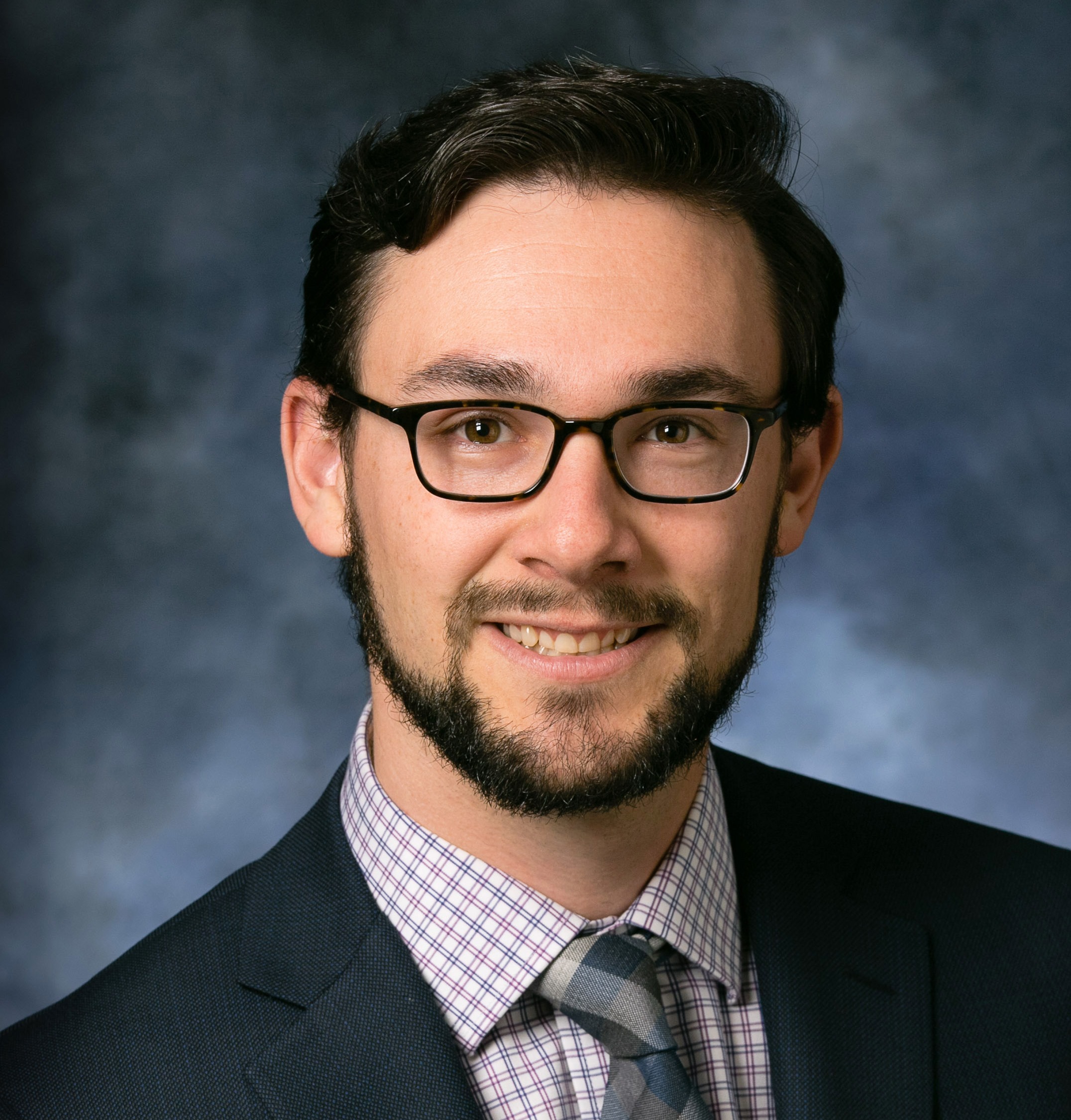“‘Shalom! Shalom!’ (They say.) But there is no Shalom.” (Jeremiah 6:14)
The prophet Jeremiah lambasted the leaders of Jerusalem for declaring that everything was well and for making light of the very real dangers he perceived. Of course, they didn’t listen.
The role of prophet seems designed for frustration. A prophet (1) calls out foreseeable disaster; (2) runs afoul of power structures or apathy and is punished or ignored; and (3) inspires a small school of followers who write down the prophet’s teachings that only generations later become widely accepted as wisdom.
The prophet’s overflowing passion often produces “too little, too late” a reaction among those receiving the warning. Although the prophet strives for a vision of change, it is just as likely that their prophecies serve as witness to collective human failure to act. Jeremiah, who poured his heart into preserving Judah’s national survival, ends up exiled, as his homeland is invaded and the First Temple destroyed.
But a prophet never gives up.
A few weeks ago, over 15,000 scientists from 184 countries signed on to a “Second Notice” to humanity regarding the dangers of climate change. Our home on earth is in danger. We are at fault. We can take action.
“Since 1992 [when scientists issued the first warning], with the exception of stabilizing the stratospheric ozone layer, humanity has failed to make sufficient progress in generally solving these foreseen environmental challenges, and alarmingly, most of them are getting far worse.”
Too many people in power continue to shout “Shalom! Shalom! Climate change isn’t real! Humans aren’t to blame!” It is up to ordinary citizens, organizing in congregations and other civic institutions, to join together and put pressure on our leaders to acknowledge that our earth is not well, and we must heal her now before it is too late.
In Parshat Vayishlach, the medieval commentator Rashi helps us define our role in relation to the environment in which we live. On a phrase from Genesis 36:20, “the inhabitants of the land” (yoshvei ha’aretz), Rashi writes:
Our Rabbis explain (B. Shabbat 85a) that they were skilled in making the land habitable. [They would say,] “The length of this [measuring] stick is [good] for [planting] olives; the length of this [measuring] stick is [good] for [planting] grapevines,” for they would taste [the soil] and know what was suitable to plant in it.
The key quality of being an inhabitant is not simply existing in a particular place. Rather, it is in deep knowledge of that place, attunement to its capabilities, and skillful production for human needs. Too often, we exploit our natural surroundings, understanding ourselves as apart from the environment. Rashi points us to a vision of inhabiting our natural surroundings, cultivating an environment that sustains us but crucially one which we also sustain. We must know what measures of human activity are suitable for our continued ability to inhabit the planet. We are not apart from our environment, but in mutual relationship with it.
We can take this insight about yoshvei ha’aretz, which implies both earthiness and national territory, and expand it to the near-synonym yoshvei tevel, “inhabitants of the world,” the entirety of all earth and nations. This phrase, which appears in multiple places in the Hebrew Bible, has been added by many communities to the prayer for peace, Oseh Shalom. When we pray for true Shalom—not the false sense of ease where we deny evidence to the contrary—we pray that we take seriously our identity not just as individuals or members of the Jewish community, but as inhabitants of the world as well.
We must be skillful in knowing our world, in recognizing the capabilities and limitations of the complex natural systems we interact with, and in taking responsibility for sustaining the earth even as we use earth’s resources to sustain human societies.
The prophet of the past was a lonely person. Today, prophets are learning to organize, to collaborate, and to strengthen one another. The newly-formed Environmental Action Team at my synagogue recently brought together a panel consisting of a climate scientist, a rabbi, and a social activist to educate us, inspire us, and give us direction around the issue of climate change. The threefold perspectives of science, faith, and activism bless us with knowledge, moral grounding, and practical action that can make a difference. Only with these three perspectives can we aspire to and experience Shalom, wholeness in our pursuit of environmental justice.
Rabbi Jay Asher LeVine serves as assistant rabbi at Temple Isaiah in Lafayette, CA. He leads social justice efforts within his congregation and serves on the strategy team for Reform CA, a state affiliate of the Reform Movement’s Religious Action Center.

